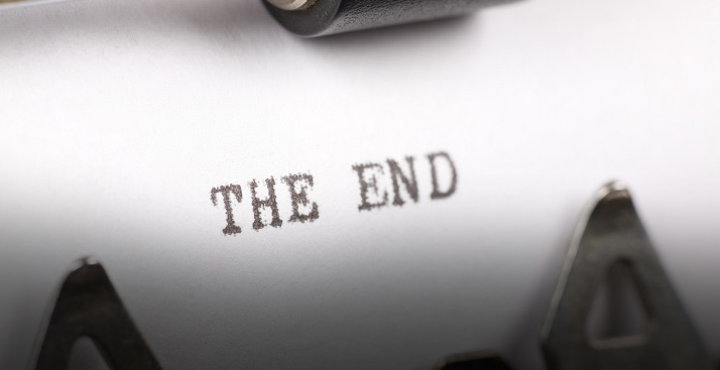Huzzah! Behold the wonder of interjections!
Creating realistic, natural-sounding dialogue in writing can be a difficult task for writers. Dialogue may come off as rigid and artificial. Whether an author is writing fiction or nonfiction, they are almost always tasked with creating some form of dialogue. After editing thousands of books, the editors at Scribendi.com believe that the most useful tool for creating an air of humanism in a character's dialogue is the interjection.
An interjection is a noun that stands alone in a sentence and is designed to convey the emotion of the speaker or narrator. By "stands alone," we mean to say that an interjection is not grammatically connected to the sentence in which it is used. Interjections are used by authors to add an element of realism to their prose, as humans often use interjections heavily within their everyday speech. Interjections are often followed by an exclamation mark, leading people to refer to them as "exclamations." Examples of interjections are "Ouch!" and "Wow!" or even "Cheers!"
"Wow! That spoon is huge!"
This sentence illustrates the function of an interjection. "Wow," being the interjection, stands completely on its own, not connected to the subsequent sentence by anything other than context. As you can see, it is followed by an exclamation mark, adding excitement to the quote. You can imagine the character saying this with widened eyes and an excited tone while commenting on the massive spoon at which he is looking. Compare this to saying, "That spoon is huge." The latter sentence is lifeless and conveys no emotion to the reader whatsoever. Interjections have the unique ability of being able to stand as sentences all on their own. The exclamation "Whatever!"—often heard as a teenager storms out of a room—is an example of an interjection functioning as a one-word sentence.
Uh, so yeah, this section is about filled pauses
Another form of interjection that is useful for adding a humanistic element to dialogue is called the filled pause. These are used by people in, uh, well, a lot of spoken sentences. They are not necessarily "words" per se, but rather sounds that people make during pauses in speech. The filled pause can be used to convey such character traits and emotions as nervousness, stupidity, indifference, or impatience. All an author must do is think about the sounds they themselves or others would make while in those situations. Imagine a nervous teenager asking out the prettiest girl in his high school, if you will.
"Hey, uh, Sylvia? I, um, was wondering if, uh, you would, um, go to, like, a movie with me, or like whatever."
Poor Patrick here has unwittingly used seven filled pauses in his attempt to ask Sylvia on a date. The filled pauses serve to efficiently convey his gut-wrenching nervousness. Sylvia's response, you ask?
"Wow! Patrick! Of course!"
"Ha! Johnson, come over here and check out this cover letter!"
While interjections and filled pauses may be effectively used within the realm of informal fiction or nonfiction prose, they are to be strictly avoided when writing in either a business or academic context. Can you imagine submitting a cover letter with the sentence "I, uh, wouldn’t mind a job at all, but um, I can only work on weekends, cool?"? You'd be immediately rejected. It is always best to save the interjections for informal writing, unless of course you're using direct quotations. For example, should you be writing a dissertation on the presidency of George W. Bush, including the sentence "Fool me once, shame on—uh, shame on you. Fool me twice—uh... you can't get fooled again" would be totally acceptable. As with most writing, be mindful of your context and the acceptable language conventions before applying any literary devices.
Interjections are an excellent way of expressing emotion within the dialogue of your prose, but you must be careful not to overuse them. Used sparingly and appropriately, interjections can breathe a true sense of humanity into your character, giving them the sort of personality that readers can connect with on a deeper level. Take poor Patrick, for example; by the end of his painful plea, didn't you feel at least a bit sorry for him? If you did, it's thanks to the interjections.
Image source: Jarin13/BigStockPhoto.com









